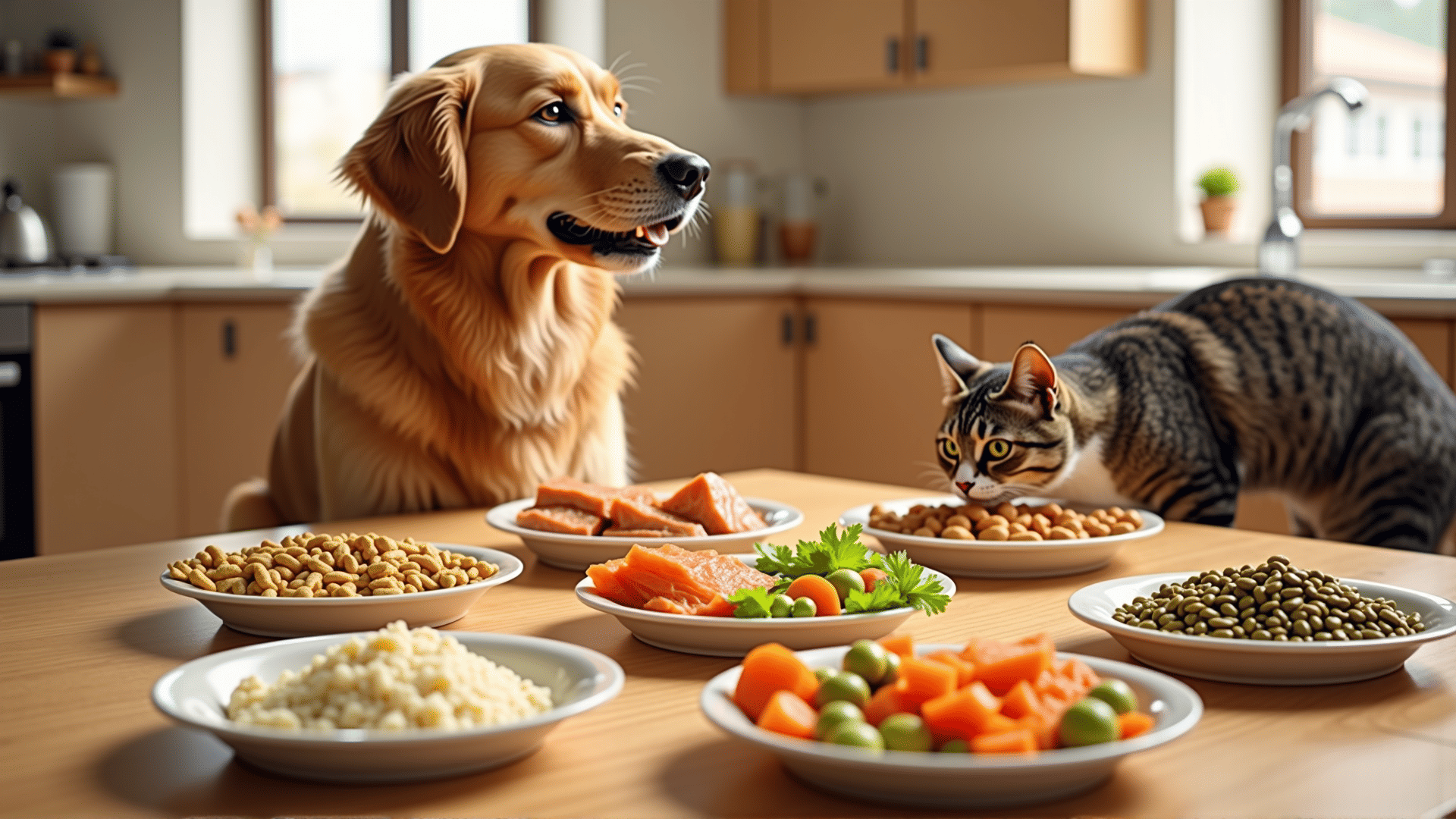Nutrition plays a vital role in ensuring the health and happiness of our pets. Just like humans, animals require a balanced intake of nutrients to maintain optimal health, support their growth, and boost their immune system. Understanding the dietary needs of our pets can significantly enhance their quality of life and longevity.
A balanced diet for pets typically includes the right proportions of proteins, fats, carbohydrates, vitamins, and minerals. Each of these nutrients serves a specific purpose:
-
Proteins are essential for growth and repair of tissues. They are crucial for building muscle, producing enzymes, and ensuring a robust immune response.
-
Fats provide a concentrated energy source and aid in the absorption of fat-soluble vitamins such as A, D, E, and K. They are also vital for maintaining healthy skin and a shiny coat.
-
Carbohydrates offer a quick source of energy and promote digestive health. Fiber, a type of carbohydrate, is particularly important for maintaining a healthy digestive system and preventing constipation.
-
Vitamins and minerals are required in smaller quantities but are no less important. They support various bodily functions, including bone health, blood clotting, and cellular function.
It's essential to consider that different animals have unique nutritional requirements. For instance, cats are obligate carnivores, meaning they need a diet rich in animal-based proteins. Dogs, on the other hand, are more omnivorous, allowing for more variety in their diet. It's crucial to tailor the nutritional intake based on the species, age, size, and activity level of the pet to ensure they receive all the necessary nutrients.
Moreover, special dietary considerations may be necessary for pets with health issues. Overweight animals might require a diet lower in calories, while those with allergies might benefit from hypoallergenic diets. Regular veterinary check-ups can help identify any specific dietary adjustments that might be needed.
Quality pet food, whether homemade or commercially prepared, should provide the essential nutrients pets need without any harmful additives or fillers. Many pet owners choose to consult with a veterinarian or a pet nutritionist to design a diet plan that fits their pet’s individual needs.
Proper hydration is another key aspect of pet nutrition. Ensuring that pets have access to fresh and clean water at all times is fundamental to their well-being. Water plays a crucial role in digestion, nutrient absorption, and temperature regulation.
In conclusion, understanding and implementing a balanced diet enriched with necessary nutrients is vital for the well-being of pets. By doing so, pet owners can help their animal companions live healthier and happier lives. Proactively managing pets' diets not only improves their physical health but also enhances their mood and energy levels, fostering a stronger bond between pets and their owners.
